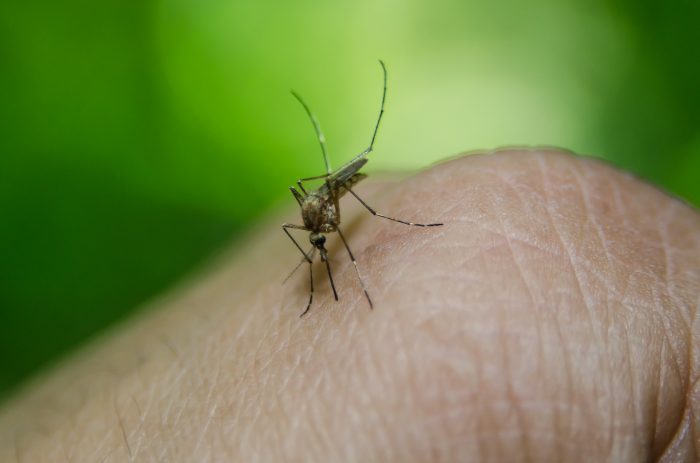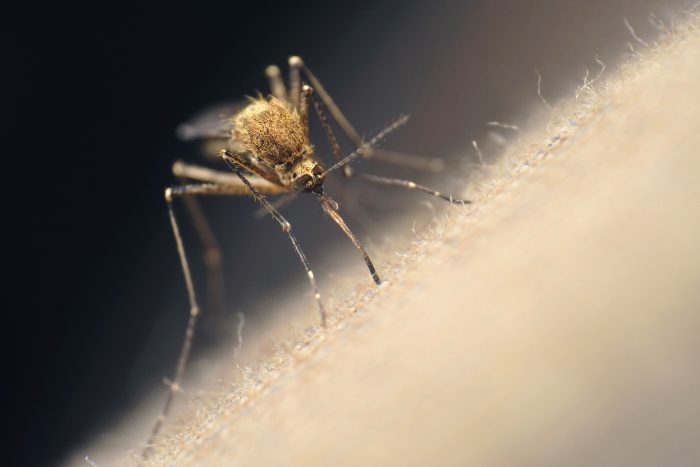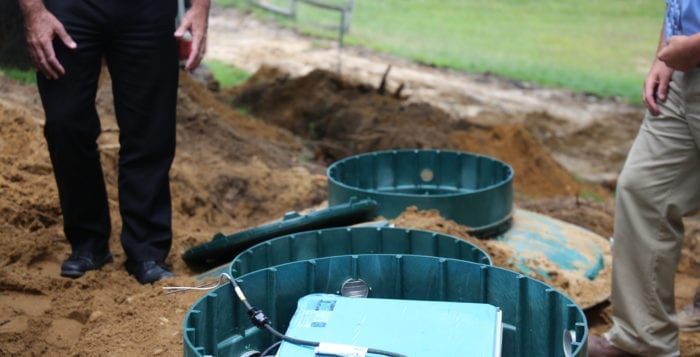At its Nov. 7 school board meeting, parents of Northport Middle School students asked school board members and school district officials, if the district did in fact have a bus depot stationed next to the school building, where 600 children attend classes. Many parents knew about the refueling station and were appalled, but many residents did not.
“This is just alarming to me,” said Jamie Marcantonio, who said she had three children go through the school system. “We’re talking about toxicity. How is it even possible that an affluent community like Northport is saying its okay to have a fuel station where our kids go to school.”
“This is just alarming to me.”
– Jamie Marcantonio
In response to ongoing air quality and health concerns among parents and former teachers at the Northport Middle School, and questions about the bus depot, the Times of Huntington-Northport has obtained copies of the most recent Petroleum Bulk Storage inspection for the Northport Middle School site.
The Feb. 20, 2019 report indicates that the district is in violation of laws governing petroleum bulk storage.
During the announced inspection, though no evidence of spillage or release to environment were found, health officials were unable to confirm that the tanks’ leak detection, corrosion prevention and overfill protection systems were operating properly, largely because the district has failed to maintain required self-inspection records for at least the last three years.
One 4,000-gallon tank stores gasoline, another 4,000-gallon tank stores diesel fuel and a third fiberglass tank holds up to 15,000 gallons of #2 fuel oil, which is typically used for heating in furnaces and boilers.
The law essentially requires that metal tanks, piping, dispenser sumps and containment systems for petroleum storage utilize a technique to slow or stop corrosion called cathodic protection. The inspector noted in the report that operators were unaware of the requirement for cathodic protection and testing for the two 4,000-gallon metal tank dispenser sumps.
To comply with Suffolk County Sanitary Code, the record-keeping and testing of cathodic protection must be rectified, health officials stated in a Nov. 13 email.
The same report notes that one of the probes in the tank’s alarm system for leak detection was defective. Facility staff provided documentation to the inspector showing that they already had a work order in place to have the item repaired.
The county requires prompt correction to violations and had provided a phone number to call to arrange for reinspection in its report to the district. But the county health department’s Office of Pollution Control states that no reinspection has been requested, despite the fact that the department followed up and sent a warning letter to the district in April.
District officials did not return phone calls and board members did not respond to requests for interviews through email.
In a Nov. 7 meeting, the school voted to test the soil on the site sometime this winter to address concerns of ongoing complaints of odors and reports of diseases among students and former teachers. It’s unclear if the testing will include areas where tanks are located.
In an email, Superintendent Robert Banzer stated that the district is in the process of forming a 13-member subcommittee. He advises all community members to visit the messaging center on its website for updates. Relocating the bus depot is an issue that the pending board of education subcommittee may decide to do, according to Banzer.
Suffolk County Health Code states that violations are subject to fines not to exceed $2,000 for a single violation. The health department said that the matter has not gone beyond the warning letter stage. A proposed fine has not been calculated.
Violations to the New York State Petroleum Bulk Storage regulations are subject to civil, administrative and/or criminal penalties up to $37,500 per violation per day. It’s unclear which entity enforces this law. The New York State Department of Environmental Conservation directs all regulatory compliance issues for diesel fuel storage tanks to Suffolk County.
The February 2019 inspection report also noted that the district could not prove that it had a current statement of insurance coverage to remediate spills if one would occur. The county said that most single station owners need to demonstrate $1.5 to $2 million in coverage.
The county stated that it only reports the issue and does not enforce it.
In a last minute response to questions raised in this report, the district states that it has insurance coverage of $1 million for each occurrence for spills for the period July 1, 2019, to July 1, 2020. The coverage is also reportedly retroactive to July 1999 for the 15,000-gallon heating oil tank and to Feb. 18, 1994, for two 4,000-gallon diesel and gasoline tanks, the district stated.
Banzer stated that the district is unaware that it is in violation of laws governing petroleum bulk storage.
The district provided a copy of its permit to operate a toxic or hazardous material storage site issued on July 1, 2019. The permit states that it is subject to compliance with provision of the Articles 12 & 18 of Suffolk County Code and 6 NYCRR Part 613.
The Suffolk County Health Department said that it will conduct another inspection in December 2019.















